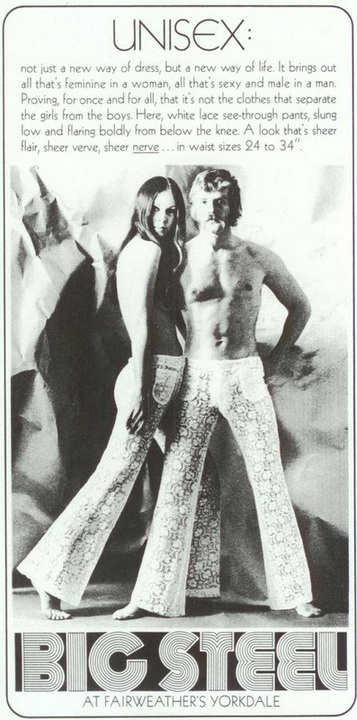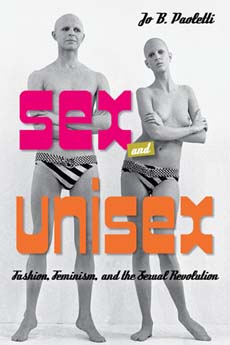From the introduction to the book:
Who knew that the 2012 presidential campaign would turn into a 1960s flashback? For many of us, the moment of awakening was when Republican candidate Rick Santorum seemingly stepped out of a time machine and proclaimed his opposition not just to abortion rights but to birth control as well. The controversy began when columnist Charles Blow rediscovered Santorum’s 2008 speech to the Oxford Center for Religion and Public Life in Washington, including this comment the senator made during the question and answer period:
"You’re a liberal or a conservative in America if you think the 60s were a good thing or not. If the 60s was a good thing, you’re left. If you think it was a bad thing, you’re right. And the confusing thing for a lot of people that gets a lot of Americans is, when they think of the 60s, they don’t think of just the sexual revolution. But somehow or other--and they’ve been very, very, clever at doing this--they’ve been able to link, I think absolutely incorrectly, the sexual revolution with civil rights."
With all due respect to Senator Santorum, I do see connections between the sexual revolution and the civil rights movement, and his comments suggest that he does too, even if he believes they have been linked erroneously. In fact I venture to say that many of the issues in today’s culture wars--gay and transgender rights, gender equality, reproductive choice--center on the disputed territory of sexual norms and are argued in terms of civil rights and government authority to dictate morality. As a means of expressing sexual and gender identity, the fashions of the time revealed the cultural shifts set in motion by the women’s liberation movement and the sexual revolution. The countermovements and controversies over these changes are likewise visible, particularly in the scores of legal cases involving long hair on men: cases that explicitly enlisted the language of civil rights.
Welcome back, Rick!
Read the Charles Blow column.
Read Sen. Santorum's 2008 speech.





